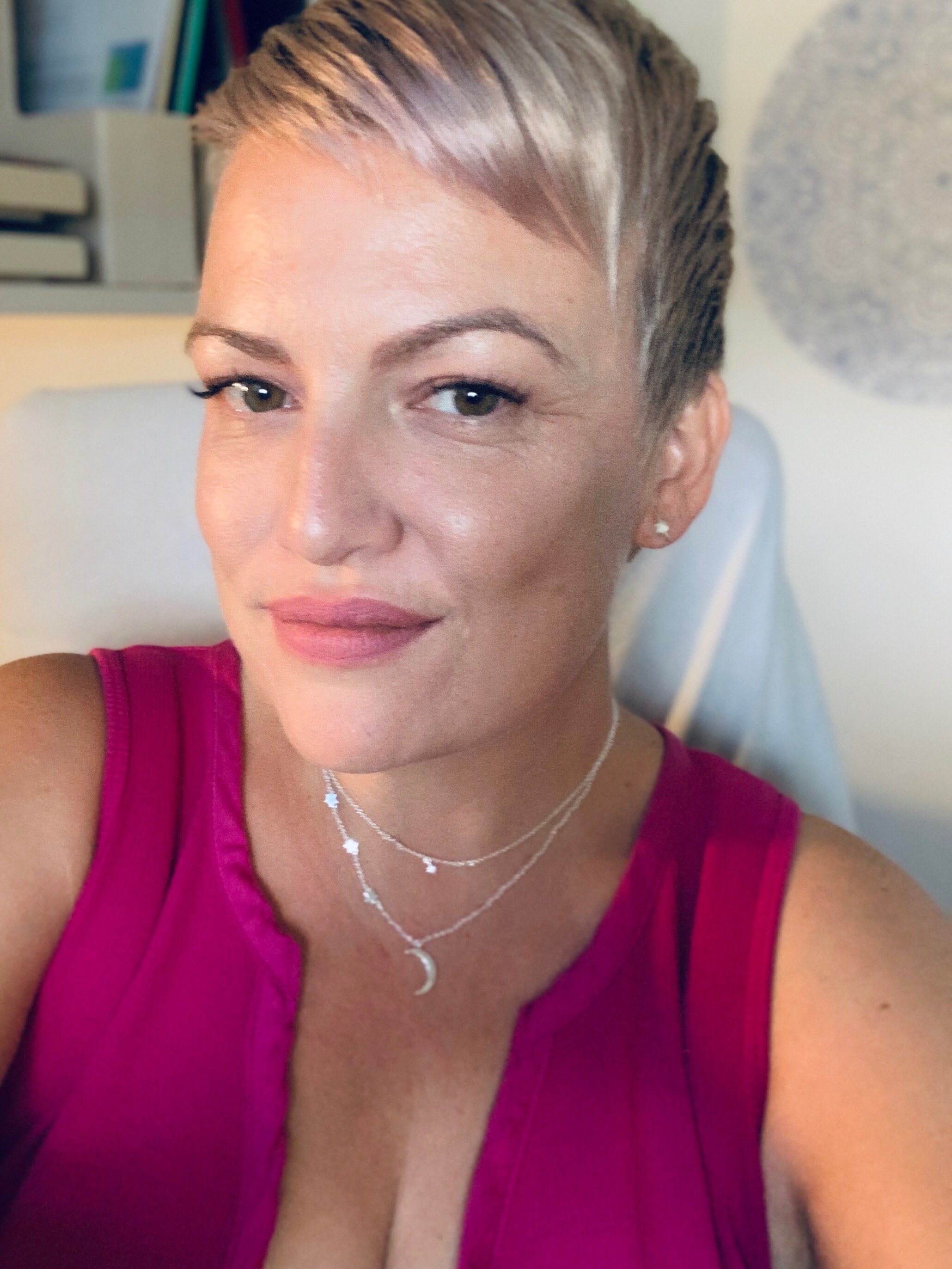Personal experience
In 2011, I had my first inpatient stay at a private hospital in Curl Curl, NSW, that specialised in addiction recovery. I was there because I had a big problem with alcohol, and my life had become unmanageable because of it. I was also experiencing extreme depression and anxiety, something I had suffered from when I was discharged from the military 15 years prior.
Whilst I was an inpatient at this facility, the psychiatrist placed me on a medication called Seroquel. I was told this was primarily used for patients with bipolar disorder and schizophrenia but was also used for patients experiencing extreme anxiety as a sleep aid, which was the reason I was prescribed it. Every one of my fellow patients that I spoke to personally about medications was also placed on this drug (Seroquel) for various diagnoses and reasons. Several months later, I was seeing a psychiatrist back in Adelaide, where I resided at the time, and during one particular visit, he supplied me with sample boxes of this product, Seroquel, and I was very much encouraged to stay on this medication indefinitely. No management plan was made past that. There was no discussion of the potential risks of prolactinoma. I was back in the private hospital in Curl Curl a year later, still struggling with alcoholism, and again, every patient I met during my stay was on some dosage of Seroquel, regardless of their diagnosis. There was never any education given on the drugs they were prescribing us, but we got a lot about the ones we were in treatment for addiction.
In 2017, I attended my third round of rehab, but this time at a private mental health facility on the Gold Coast. It was here that I was again encouraged to remain on Seroquel, but this time, I was warned that I had high levels of prolactin and that this needed to be checked regularly. Every other patient I met and discussed medications with was also prescribed Seroquel, regardless of their actual diagnosis. It was never just bipolar disorder or schizophrenia; I witnessed it first-hand being prescribed for all mood disorders. In 2018, a year into my sobriety from alcoholism, I decided to cease taking Seroquel and instead pursue the newly legalised cannabis as a treatment option. It is safe to say this decision has saved my life, kept me sober from alcohol, and made me no longer reliant on any other prescription for my mental health. Still, it did not stop the development of prolactinoma, along with other hormonal issues with my thyroid.
It is no coincidence that drugs like Seroquel and Concerta experience shortages, and I believe that they are over-prescribed by health professionals with no real case management of each person on them. I'm writing this post because I want those who are on these drugs to do their research and ask more questions of your health professionals. Ask for regular blood tests to check your varying hormone levels and, most importantly, listen to your own body and what it is telling you; you will save your own life doing so.
For those unable to have their Seroquel scripts filled, an alternative option you could discuss with your treating medical professional is Ashwagandha and Reishi. Both are available over the counter. I recommend researching which brands you feel will work for you. These alternatives have a sedative and calming effect. Ashwagandha, in particular, relieves extreme nervous tension, while Reishi helps you sleep deeply.
My mental health daily must-haves are:
Mushroom M8 Blend (Superfeast) - morning and night
Ashwagandha - morning and night, and when experiencing an extreme panic attack.
Reishi - before bed or when I'm experiencing a severe panic attack.
*Please speak with your health/medical professional before trying anything new, even if it’s over the counter.
